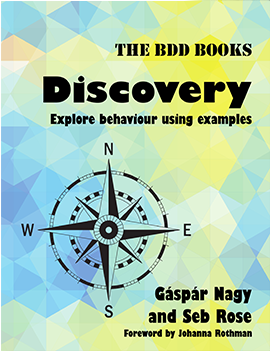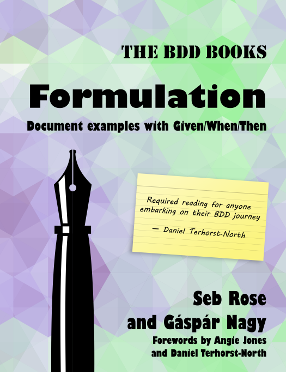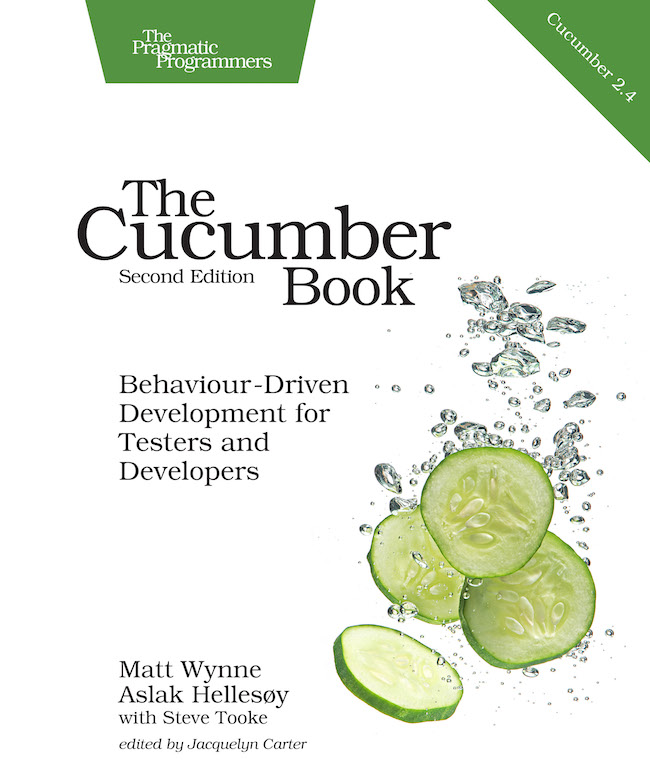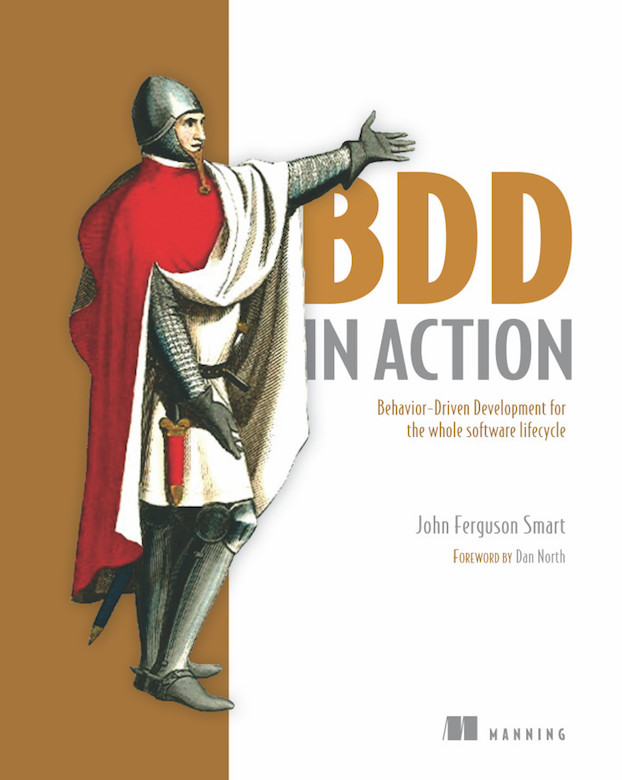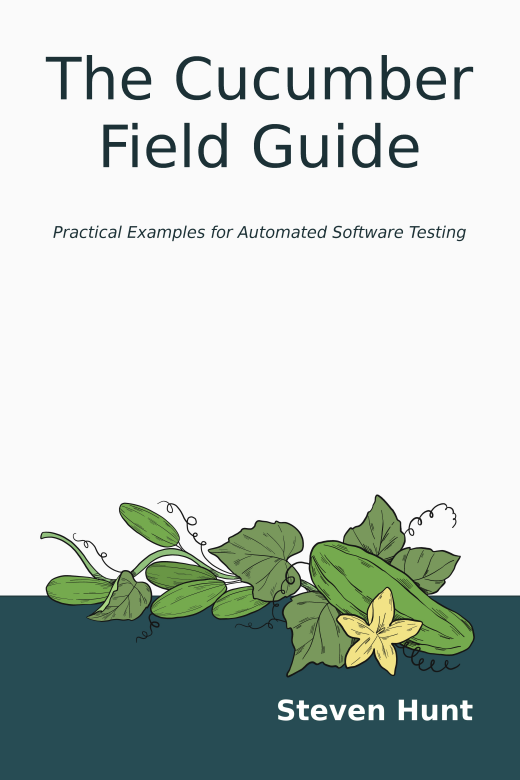Cucumber School
Learn the concepts and tools from the Cucumber team themselves with our free high-quality video courses for developers, product owners and more.
Get StartedThe BDD Books
These practical guides to Discovery and Formulation by Gáspár Nagy and Seb Rose explain good collaboration techniques, illustrated by concrete examples.
BuyThe Cucumber Book
Matt Wynne and Aslak Hellesøy show you how to express your customers’ wild ideas as a set of clear, executable specifications that everyone on the team can read.
BuyBDD in Action
John Ferguson Smart teaches you Behavior-Driven Development and shows you how to integrate it into your existing development process.
BuyThe Cucumber Field Guide
Steven Hunt provides ideas, recommendations, and advice on utilizing Cucumber to enhance software testing and improve the quality of your software applications.
Buy
